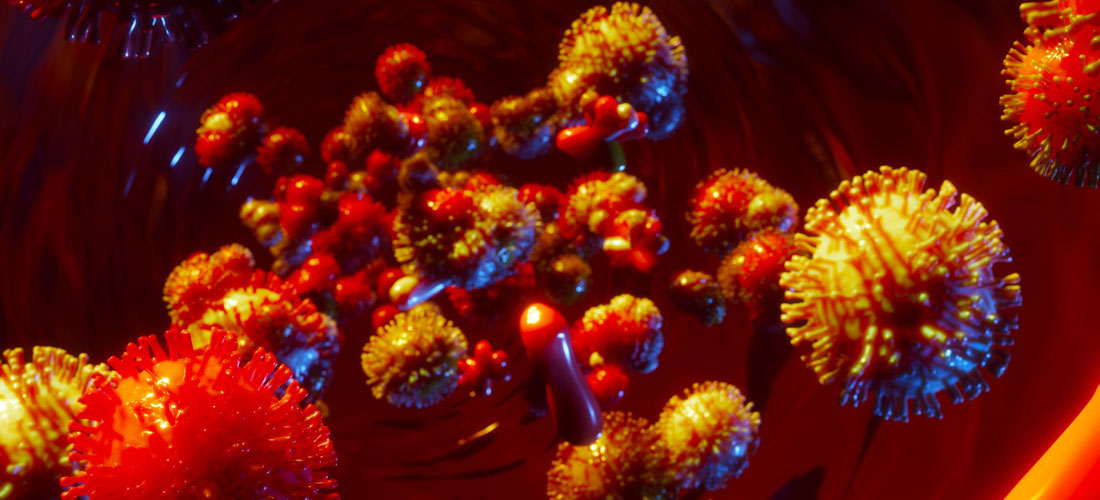Biofilms are structured communities of microorganisms encapsulated within a self-produced matrix that adheres to biological or non-biological surfaces. In chronic infections, biofilms protect pathogens from antibiotics and the host immune system, contributing to persistent, hard-to-treat infections such as those in the lungs, urinary tract, wounds, and implanted medical devices.

Biofilms are central to the pathophysiology of chronic infections, playing a key role in treatment failure, recurrence, and antimicrobial resistance. This session will explore how biofilms form, persist, and evade immune responses, and will highlight diagnostic advances, disruption strategies, and therapeutic innovations aimed at managing biofilm-associated infections.
Topics covered in this session include:
- Molecular biology and structural dynamics of biofilm formation
- Biofilms in clinical settings: catheters, prosthetic devices, chronic wounds, and cystic fibrosis
- Challenges in treating biofilm-related infections with conventional antibiotics
- Emerging therapies: anti-biofilm agents, quorum sensing inhibitors, enzymes, and phage therapy
- Diagnostic tools and imaging technologies for biofilm detection
- Host–biofilm interactions and immune evasion
- Biofilm disruption strategies in surgical and critical care settings
- Role of biofilms in polymicrobial and recurrent infections
This session will feature researchers, clinical microbiologists, infectious disease experts, and biotechnology leaders addressing the future of biofilm management in clinical practice.